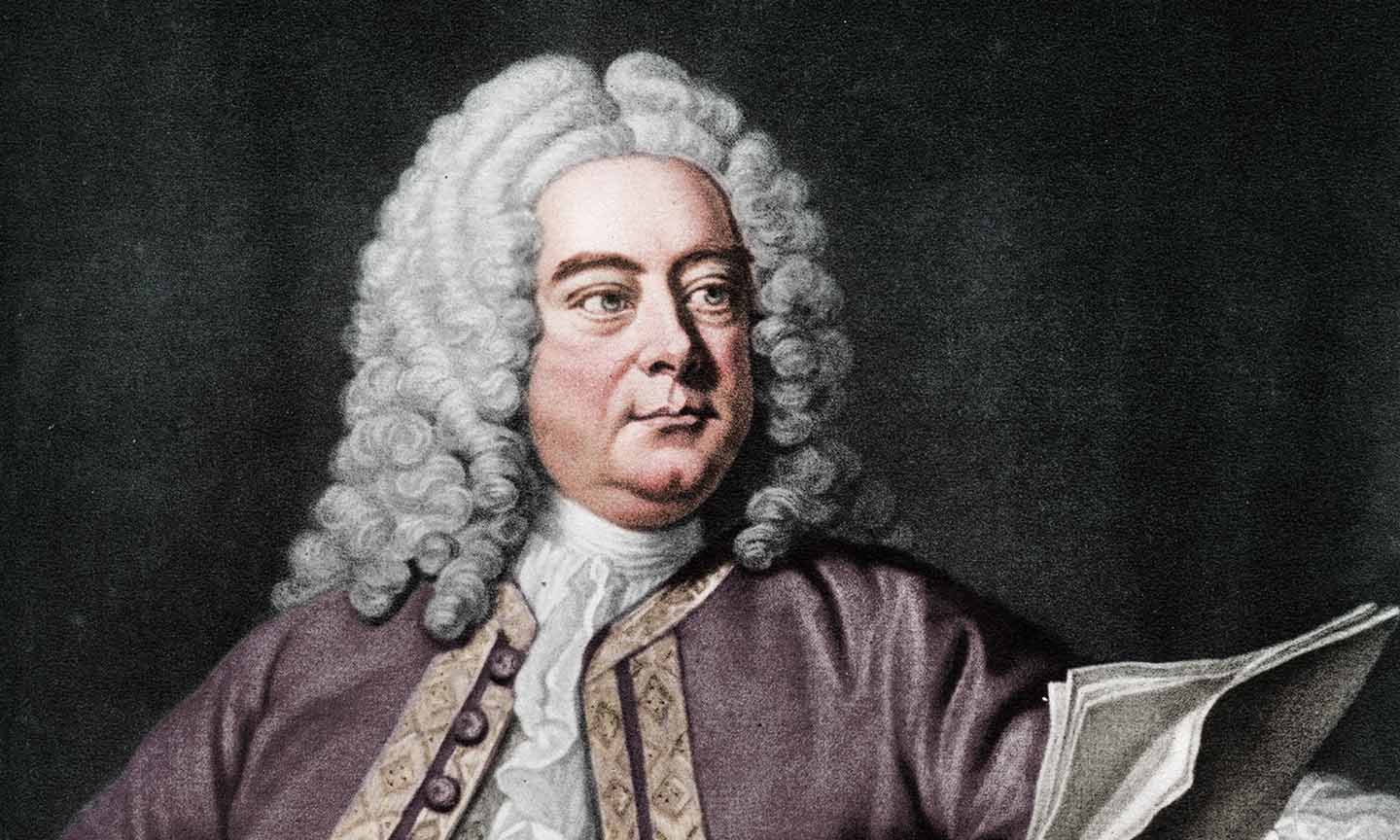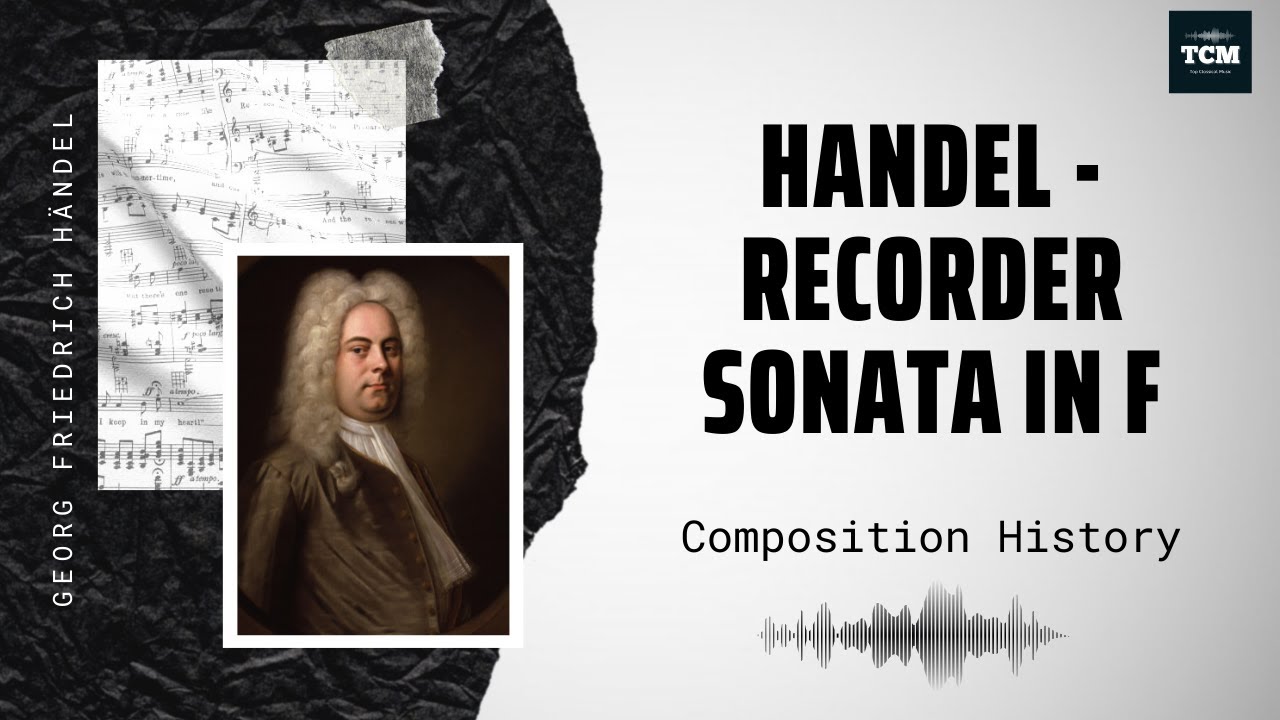
The Story Behind Händel’s Sarabande
The Sarabande by Georg Friedrich Händel is one of the most recognized pieces in classical music. Known for its solemn yet deeply expressive character, this[…]

The 5 Best Compositions by Georg Friedrich Händel
Georg Friedrich Händel, one of the towering figures of Baroque music, left an indelible mark on the world with his masterful compositions. Known for his[…]

The Story Behind Handel’s Israel in Egypt
“Israel in Egypt” is one of Georg Friedrich Händel’s most ambitious and remarkable oratorios. Composed in 1738, this work stands out for its extensive use[…]

The Story Behind Händel’s Concerto Grosso in C Minor
Georg Friedrich Händel (1685–1759) is one of the most celebrated composers of the Baroque era, known for his operas, oratorios, and instrumental compositions. Among his[…]

The Story Behind Handel’ Music for the Royal Fireworks
One of the most celebrated works of the Baroque period, Georg Friedrich Händel’s Music for the Royal Fireworks stands as a testament to the composer’s[…]

5 Fascinating Facts about Händel
Georg Friedrich Händel, one of the most celebrated composers of the Baroque era, is best known for his operas, oratorios, and concertos. His music has[…]

Georg Friedrich Händel – Biography and History
Georg Friedrich Händel, known in English as George Frideric Handel, was a prolific and influential Baroque composer whose works have had a lasting impact on[…]

Life and History of Händel
Georg Friedrich Händel, also known as George Frideric Handel, was one of the most influential composers of the late Baroque era. He was born on[…]

Handel Biography – Music | History
George Frideric Handel (23 February 1685 – 14 April 1759) was a German-British Baroque composer well known for his operas, oratorios, anthems, concerti grossi, and[…]

Handel – Recorder Sonata in F HWV 369 – Music | History
Handel – Recorder Sonata in F HWV 369 – Music | History The Sonata in F major (HWV 369) was composed (before 1712) by George Frideric[…]